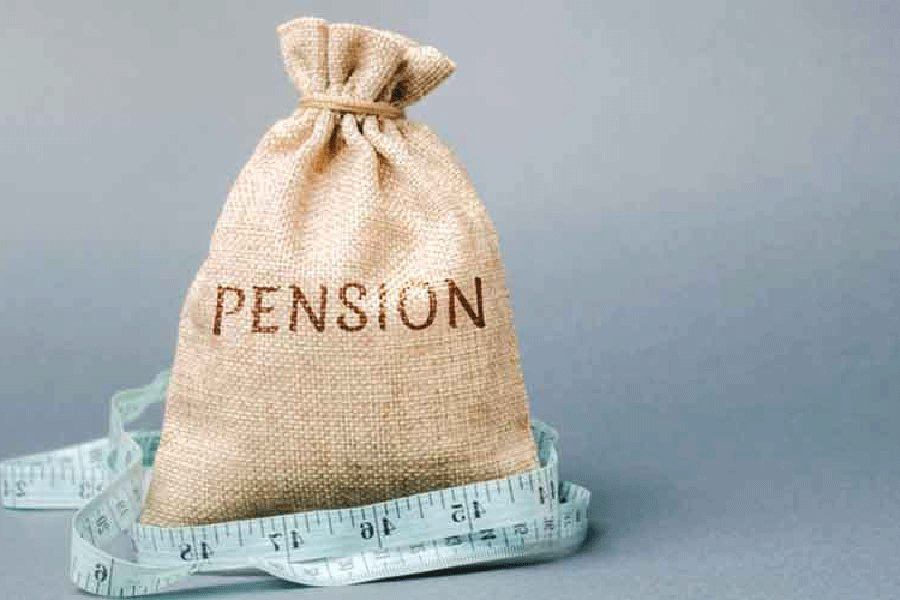Only 29 per cent elderly people reported to have access to social security schemes, such as old-age pensions or provident funds, according to a study by the NGO HelpAge.
A similar proportion receives financial support from family members, with elderly women slightly more likely to receive support than their male counterparts, the study -- 'Ageing in India - Exploring Preparedness & Response to Care Challenges - A HelpAge India Report' -- released on Friday on the eve of World Elder Abuse Awareness Day said.
The study, which surveyed 5,169 elders and 1,333 caregivers from different socio-economic categories across 20 Tier I and Tier II cities in 10 states, sheds light on issues related to work participation, financial security, health, caregiving, social participation, and digital access.
It reveals that only around 15 per cent of elderly persons are currently working, with a stark gender disparity: 24 per cent of elderly males compared to just seven per cent of elderly females. Work participation is slightly higher in Tier I cities (17 per cent) than in Tier II cities (14 per cent).
Financial insecurity is a prevalent issue among the elderly. A mere 29 per cent reported having access to social security schemes, such as old-age pensions or provident funds.
Alarmingly, one-third of the elderly reported having no income in the past year. Financial insecurity is a common concern, with 65 per cent feeling financially insecure.
Only 29 per cent receive financial support from family members, with elderly females slightly more likely to receive support than their male counterparts.
Health issues are widespread among the elderly, with nearly half (48 per cent) diagnosed with hypertension and 43 per cent with diabetes.
Arthritis or other bone/joint diseases affect 35 per cent and 19 per cent report high cholesterol. Multiple morbidities are common, with 54 per cent suffering from two or more non-communicable diseases (NCDs). The prevalence of NCDs increases with age, especially among those aged 80 and above.
Access to healthcare remains a challenge. While 79 per cent visited government healthcare facilities in the past year, awareness of geriatric healthcare facilities is low at just 15 per cent.
Health insurance coverage is limited to 31 per cent of the elderly.
Caregiving primarily falls on family members, especially spouses and children.
This support is more common in Tier II cities, where 66 per cent of elderly live with their spouse and children compared to 57 per cent in Tier I cities.
Despite the support, caregiving poses significant physical and financial challenges for caregivers, with 29 per cent reporting physical challenges and 32 per cent facing financial difficulties.
Social participation among the elderly is minimal, with only seven per cent being members of any social organisation. Elder abuse is reported by 7 per cent of respondents. Awareness of the Maintenance and Welfare of Parents and Senior Citizen Act, 2007, is low at 9 per cent.
Digital access remains limited, with 59 per cent of elders having no access to digital devices. Smart phones are the most commonly used device among those who do have access. There is a significant gender divide, with 48 per cent of elderly males having access to digital devices compared to 33 per cent of elderly females.
Digital usage decreases with age, with only 26 per cent of those above 80 years using digital devices. Among users, the primary purposes are entertainment, social media, and information searches.
Except for the headline, this story has not been edited by The Telegraph Online staff and has been published from a syndicated feed.










